
At their core, films are an emotional experience. Regardless of genre, a great film is attempting to provoke some sort of response from the audience, be it laughter, terror, joy, or contemplation. A great film can stay with the viewer for days, prompting them to either think about their own lives differently or put themselves in the shoes of their characters.
Streaming platforms offer film fans the opportunity to catch up on many great emotional experiences, as they often can promote films that have been either ignored or forgotten. Netflix currently remains the most widely available streaming platform, and it has a pretty great library of films that deserve a second chance. Here are ten great emotional movies on Netflix you may have missed.
10. It Comes At Night (2017)
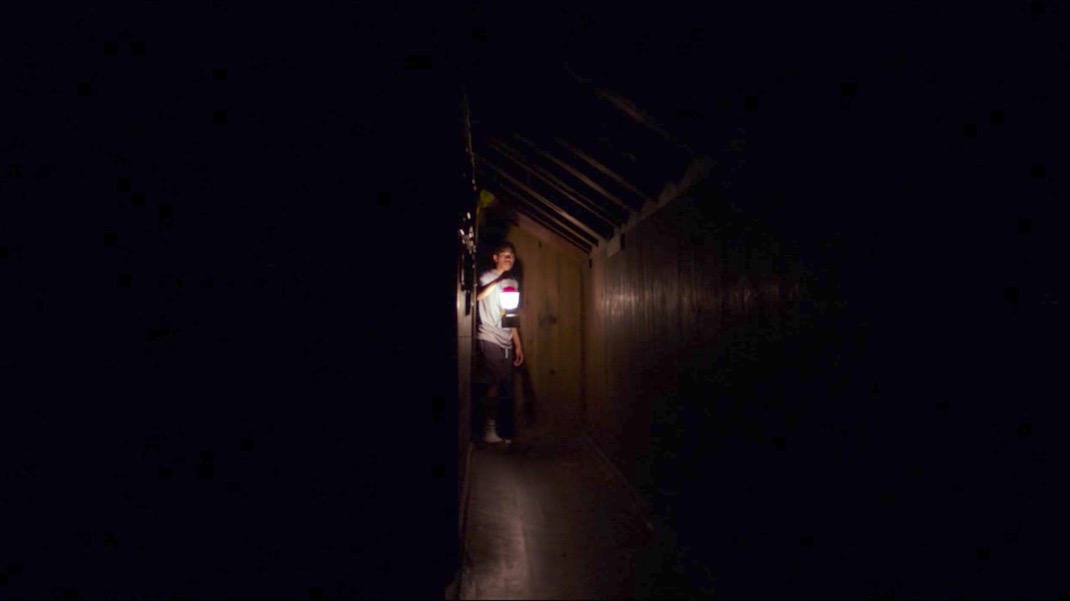
Trey Edward Schults’s grim post-apocalyptic thriller is an eerily pertinent tale of what remains of mankind following a pandemic of sorts. What the pandemic or apocalyptic event is exactly is never explained specifically, nor does it need to be, because the focus of the story is on two families who come together in a time of crisis. Paul (Joel Egerton) and Sarah (Carmen Ejogo) consider themselves to be loving parents to their troubled son Travis (Kelvin Harrison Jr.), but they begin to question the motivations of a young couple (Riley Keough and Christopher Abbot) as they all attempt to survive together.
There was an initial burst of controversy that surrounded It Comes At Night on its initial release due to some deceptive marketing techniques that painted it as a monster feature, while in reality it is a small, self-contained family drama. The terror of seeing these two families question each other’s motivations and make difficult decisions is terrifying on its own, as the audience is left to question what dark things the characters they’ve come to relate to are capable of.
9. The Stanford Prison Experiment (2015)
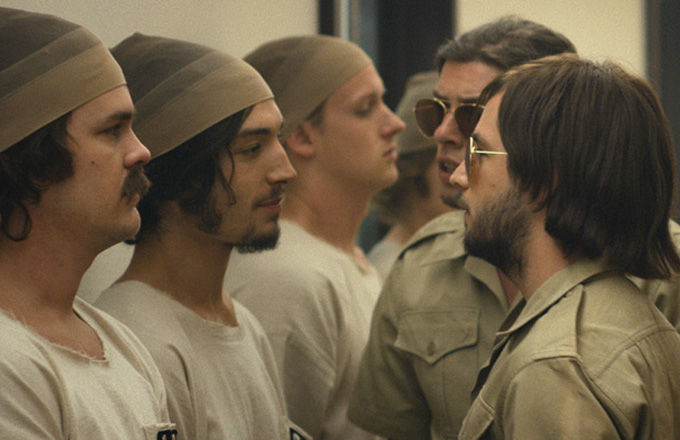
Another chilling story about the dark things that seemingly good people are capable of is The Stanford Prison Experiment, but this film is a true story. Based on the real 1971 experiment at Stanford University, the film follows the enigmatic Dr. Phillip Zimbaro (Billy Crudup), who designs a simulated prison in which students volunteer to join as either guards or prisoners. Zimbaro’s goal was to see how people would conform to this reality and handle this authority, and the results are beyond anything he’d ever expected.
The film does a great job at showing the escalation of events; the rift between the students is initially minor, as they acclimate to their assigned roles, and the building claustrophobia of the environment only increases as the length of the two week program bears down upon them. Crudup has a suitably cold demeanor that never becomes outwardly sinister, but the emotion of the story comes from the wildly talented cast of young actors, including future stars such as Tye Sheridan, Ezra Miller, Thomas Mann, and Nicholas Braun. The breakout role of the film is that of Michael Angarano as Christopher, a guard who becomes too infatuated with this new power.
8. Mudbound (2017)
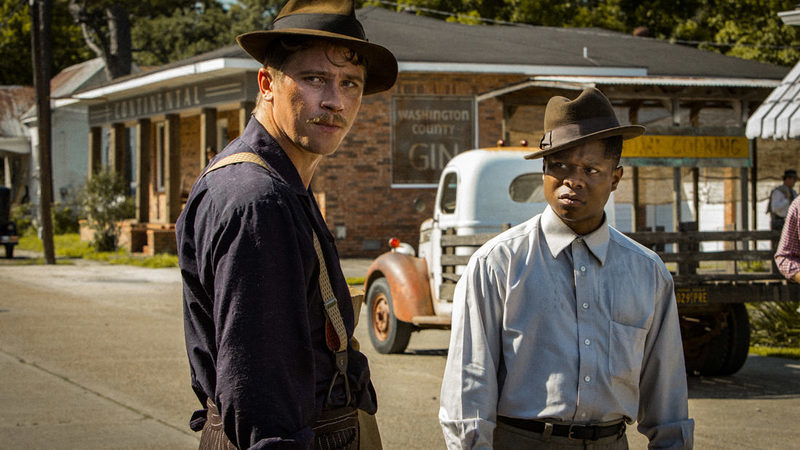
Mudbound was one of Netflix’s earliest big acquisitions, as it was picked up by the platform following an acclaimed debut at the Sundance Film Festival. While Mudbound received four Oscar nominations, it was released in a time where awards bodies still had many hesitations about rewarding streaming movies, as this was before films like Roma, The Irishman, and Marriage Story earned their Best Picture nominations. It was an unfortunate burden that Mudbound was saddled with, as it is a transfixing and deeply moving story of prejudice and familial bonds.
Set in the years preceding and following World War II in the fields of Mississippi, Mudbound is the story of two families, one black and one white, both of whom have sons that return home from war and experience PTSD. The friendship between these two men, who are played brilliantly by Garrett Hedlund and Jason Mitchell, is the one light of hope that exists in a very dark film. The film’s depiction of everyday racism and injustice is powerful and infuriating, and it builds up to an absolutely unforgettable moment of violence that is sure to remain in any viewer’s mind for quite some time.
7. The Spectacular Now (2013)
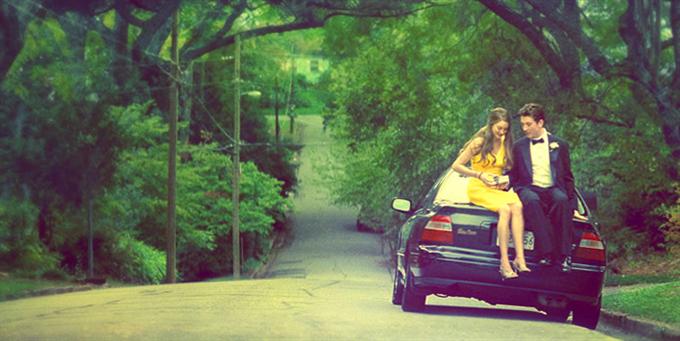
Many films of the past decade have attempted to utilize the style of John Hughes coming of age films to appeal to a new audience of adolescents, but few have been quite as successful as The Spectacular Now. It’s a love story between two high school seniors that couldn’t seem more different; Sutter (Miles Teller) is a wild party animal who deals with crippling issues of alcoholism and abandonment, while Aimee (Shailene Woodley) is a shy, sensitive girl who has grown up in a far less luxurious lifestyle than Sutter. Both performances elevate these characters beyond stereotypes, as Teller brings a sense of maturity to the role, and Woodley is simply iridescent as the universal girl next door.
The Spectacular Now is painfully honest, as it taps into the youthful feeling of having every moment feel essential, and peels back the layers to these characters that are reeling from personal trauma. The early scenes of Sutter and Aimee becoming drawn to each other are revelatory and charming, and they become all the more crushing once Sutter encounters his lost father (Kyle Chandler) and his feelings bubble to the surface. It’s a film of rare honesty with not one note of manipulation or inauthenticity.
6. A Ghost Story (2017)
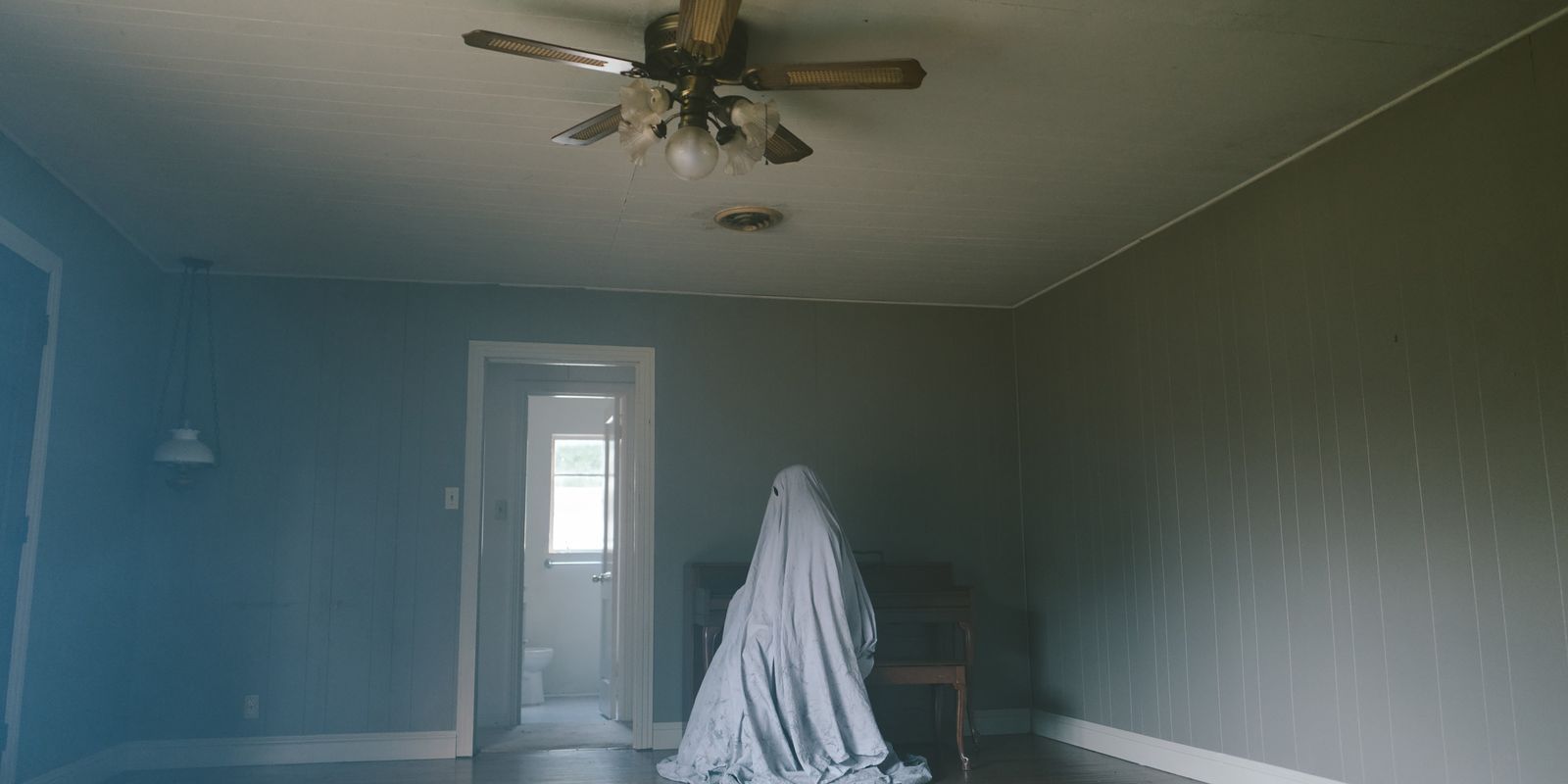
David Lowery’s landmark arthouse drama is a film that wrestles with the essence of time and existence on a micro budget scale. Only very ambitious films like 2001: A Space Odyssey or The Tree of Life tend to tackle these subjects, and while A Ghost Story has the same fascination with the repetition of human nature, it conveys its ideas through the very small story of a departed musician (Casey Affleck) who haunts the home of his widow (Rooney Mara) after his death.
The introduction to this tender relationship serves as the jumping point the film needs to explore its larger ideas; the house becomes a vehicle that the story uses to explore various timelines and families, and the similarities that Lowery draws between each era are profound. The simple, elemental imagery serves his purposes well, as does wondrous score by Daniel Hart, which includes the terrific original song “I Get Overwhelmed.”